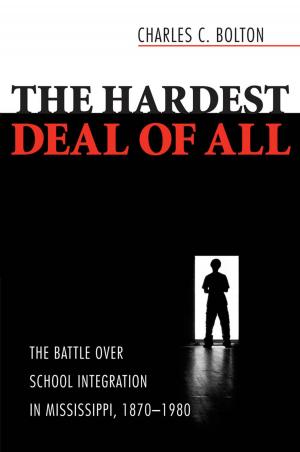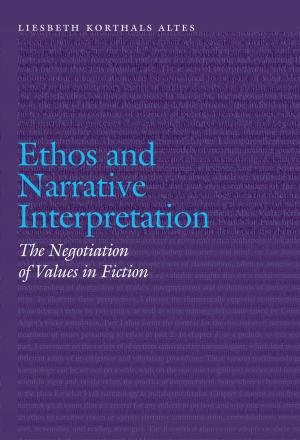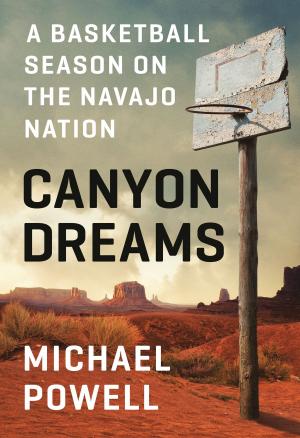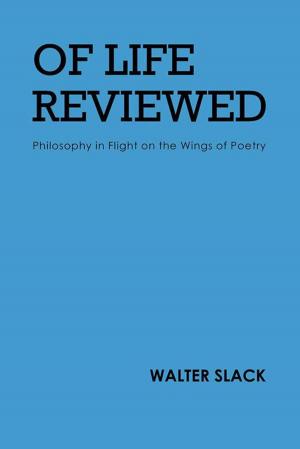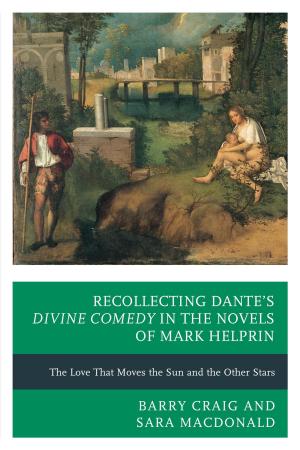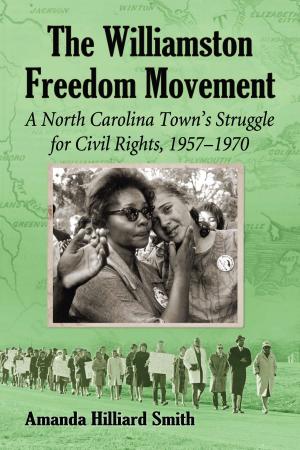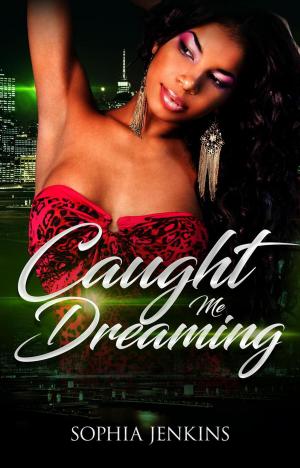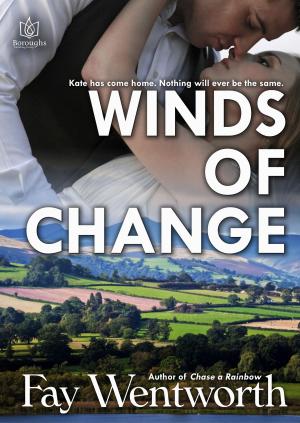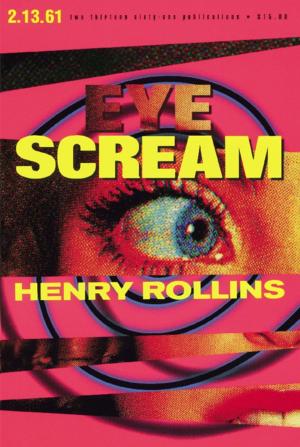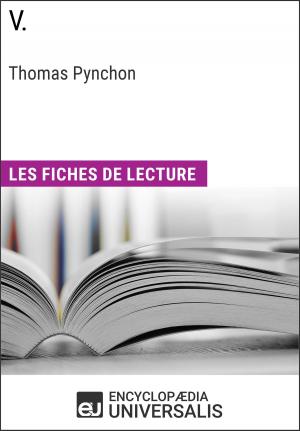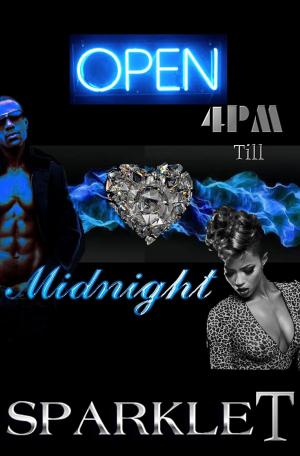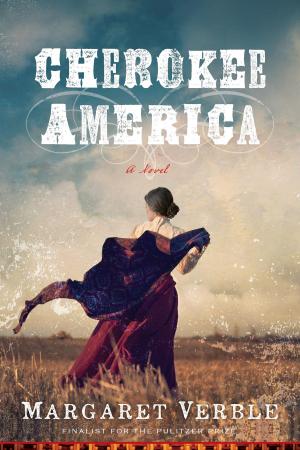| Author: | Al Basile | ISBN: | 9780985243517 |
| Publisher: | Winnikinni Press | Publication: | July 1, 2012 |
| Imprint: | Language: | English |
| Author: | Al Basile |
| ISBN: | 9780985243517 |
| Publisher: | Winnikinni Press |
| Publication: | July 1, 2012 |
| Imprint: | |
| Language: | English |
Al Basile is a singer-songwriter and cornetist whose blues CDs have been called "the most literate blues releases ever." Throughout his 40 year music career he has also written formal poetry whose music is completely contained in the words. "A Lit House" is the collection of that other body of his work. Most people know Al Basile as a musician: a singer-songwriter and cornetist who has had a long career in blues circles and whose discography as a solo artist is extensive and internationally celebrated. His work with blues great Duke Robillard has led to his participation in two Grammy nominated projects under Duke's name, and he has been nominated twice by the Blues Music Foundation for BMAs as best horn player. As a child, however, he was fascinated by theoretical physics and balanced the beginnings of his musical training with early efforts at writing blank verse. At Brown he abandoned the physics program and spent his time writing fiction, poetry, and plays, including musicals for which he provided book and lyrics. He began his professional music career with the pioneering Rhode Island based jump blues band Roomful of Blues in the mid-Seventies. Later he taught English, Music, and Physics at the Providence Country Day School in Rumford, RI. His writing, particularly of poetry and songs, continued unabated throughout. While not organized or intended as an autobiography, this collection touches on many of the periods and most of the concerns of Al Basile's life. There are narratives of his family history, including his immigrant grandparents' childhoods in Sicily, and marriage by proxy on Ellis Island in 1920; poems that deal with the lives, marriage, and death of his parents, as well as his own conception against long odds; and character studies of relatives and others who had profound influences on him as a child. There are poems about performing and recording, baseball, mythic tales of the history of blues songs, breeding muscle-bound flies, essays on nature, and accounts of childhood lessons learned, from the value of money to the effects of crucifixion. Throughout there is a combination of the scientist's goal of clarity in understanding and expression, and the musician's ear for the colors of words and the tension of musical phrases against the rhythmic ground of meter. Often deceptively conversational, these poems reveal themselves in all their dimensions when read aloud. Quotes from contemporary poets on Al Basile's work in this book: Al Basile's poems have style, joy, and - above all - verve. Sometimes they unfold with the lyric expansiveness of great jazz solos. Sometimes they shine as beautifully jeweled miniatures. What a pleasure to read a book of poems with such unabashed energy. Dana Gioia Al Basile's playful ease with the pentameter line bespeaks a sensibility trained in the subtleties of musical rhythm and voice. Turn almost anywhere in this rich collection from five decades and you'll find "an instinct for the game, and more." R. S. Gwynn While A Lit House harbors some nicely turned sonnets, Al Basile’s characteristic form is the blank verse essay, which he manages with entertaining ease. Whether writing about music or baseball, childhood friends or the frail and aging Jorge Luis Borges, he trains a fresh and sympathetic eye on his subject. “We love it when the ring of truth is strange,” he says, and this observation could almost serve as a motto for his poems, for they repeatedly arrest us with both their stable truths and their appealing surprises. Timothy Steele
Al Basile is a singer-songwriter and cornetist whose blues CDs have been called "the most literate blues releases ever." Throughout his 40 year music career he has also written formal poetry whose music is completely contained in the words. "A Lit House" is the collection of that other body of his work. Most people know Al Basile as a musician: a singer-songwriter and cornetist who has had a long career in blues circles and whose discography as a solo artist is extensive and internationally celebrated. His work with blues great Duke Robillard has led to his participation in two Grammy nominated projects under Duke's name, and he has been nominated twice by the Blues Music Foundation for BMAs as best horn player. As a child, however, he was fascinated by theoretical physics and balanced the beginnings of his musical training with early efforts at writing blank verse. At Brown he abandoned the physics program and spent his time writing fiction, poetry, and plays, including musicals for which he provided book and lyrics. He began his professional music career with the pioneering Rhode Island based jump blues band Roomful of Blues in the mid-Seventies. Later he taught English, Music, and Physics at the Providence Country Day School in Rumford, RI. His writing, particularly of poetry and songs, continued unabated throughout. While not organized or intended as an autobiography, this collection touches on many of the periods and most of the concerns of Al Basile's life. There are narratives of his family history, including his immigrant grandparents' childhoods in Sicily, and marriage by proxy on Ellis Island in 1920; poems that deal with the lives, marriage, and death of his parents, as well as his own conception against long odds; and character studies of relatives and others who had profound influences on him as a child. There are poems about performing and recording, baseball, mythic tales of the history of blues songs, breeding muscle-bound flies, essays on nature, and accounts of childhood lessons learned, from the value of money to the effects of crucifixion. Throughout there is a combination of the scientist's goal of clarity in understanding and expression, and the musician's ear for the colors of words and the tension of musical phrases against the rhythmic ground of meter. Often deceptively conversational, these poems reveal themselves in all their dimensions when read aloud. Quotes from contemporary poets on Al Basile's work in this book: Al Basile's poems have style, joy, and - above all - verve. Sometimes they unfold with the lyric expansiveness of great jazz solos. Sometimes they shine as beautifully jeweled miniatures. What a pleasure to read a book of poems with such unabashed energy. Dana Gioia Al Basile's playful ease with the pentameter line bespeaks a sensibility trained in the subtleties of musical rhythm and voice. Turn almost anywhere in this rich collection from five decades and you'll find "an instinct for the game, and more." R. S. Gwynn While A Lit House harbors some nicely turned sonnets, Al Basile’s characteristic form is the blank verse essay, which he manages with entertaining ease. Whether writing about music or baseball, childhood friends or the frail and aging Jorge Luis Borges, he trains a fresh and sympathetic eye on his subject. “We love it when the ring of truth is strange,” he says, and this observation could almost serve as a motto for his poems, for they repeatedly arrest us with both their stable truths and their appealing surprises. Timothy Steele

